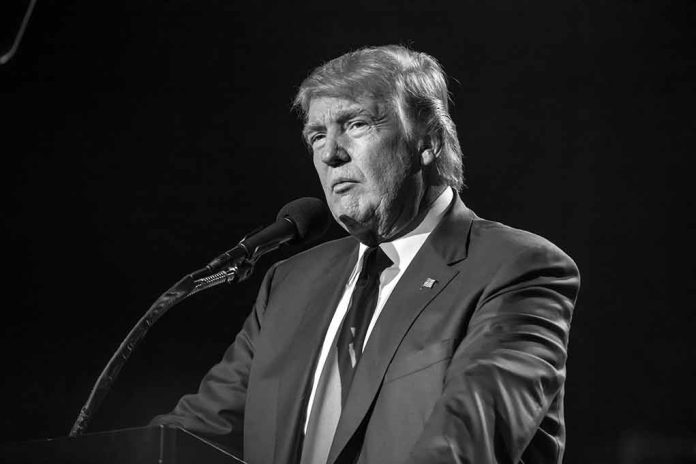
(RepublicanNews.org) – As Donald Trump continues his campaign in the lead-up to November’s presidential election, the Republican frontrunner faces multiple legal battles, not least the case of Donald J. Trump v. Norma Anderson et al., which had its first oral hearing in front of the Supreme Court on February 8th. This case could have a large and historical impact on the outcome of the upcoming election, as it revolves around the question of the former president’s eligibility to run for election once more.
The case began with a group of Colorado voters, with the titular plaintiff Norma Anderson, bringing a case to their state’s court, seeking to bar Donald Trump from the Republican primary ballot, claiming that he should be excluded from the ballot under Section 3 of the 14th Amendment. This clause excludes any candidate who has engaged in insurrection. The Colorado Supreme Court found in favor of the voters, claiming that Trump was not eligible to serve as president.
Section 3 of the 14th Amendment was ratified in 1868 and aimed to prevent any former Confederacy member from being elected to office in the government that they had recently fought so hard against. The clause does not specifically detail how to confirm that somebody has partaken in insurrection, such as whether he or she would need to have been found guilty in a court of law, and there is no legal precedent in which the clause has been used to bar a presidential candidate. Consequently, there is fierce debate from legal experts and historians on both sides of the political aisle as to whether or not it should be applied in this scenario.
Some have expressed concerns that if the Supreme Court does rule in favor of Anderson et al. and finds that Trump engaged in insurrection, this could risk serious political instability by effectively disenfranchising many American voters. Law professor Rick Hasen, who co-wrote an amicus brief for the case, explained that if the Supreme Court found in favor of Anderson et al., this could lead to Congress voting to disqualify Trump after the Presidential election takes place. This could risk having the candidate elected to be president then barred from fulfilling that role, which Hasen called “a recipe for political violence.”
Copyright 2024, RepublicanNews.org










